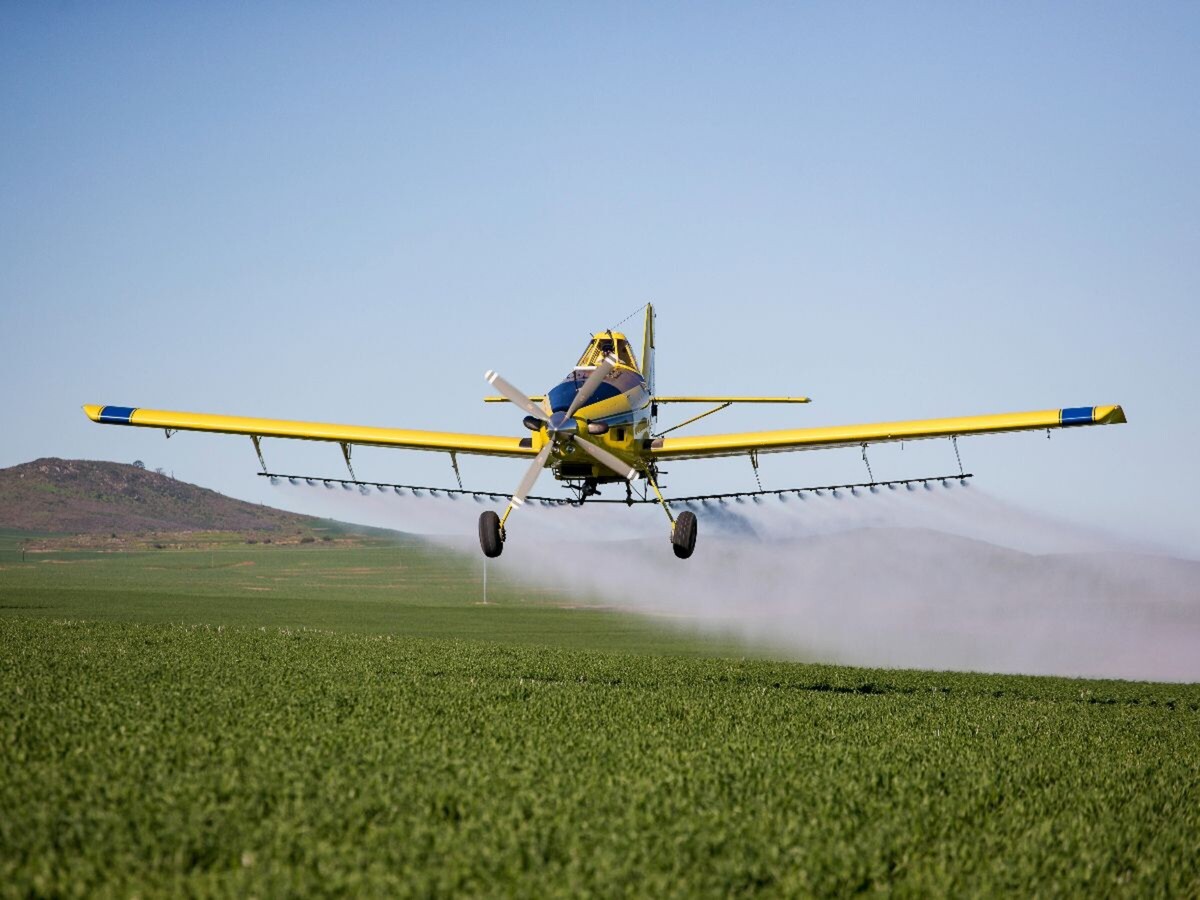Image


In a concerted effort to build soil resilience and prevent erosion, low-flying planes will disperse cover crops across 1,000 acres of cropland in northern and central New Jersey between September 5 and 15, 2023.
This undertaking, now in its 10th year, is a joint initiative between the USDA Natural Resources Conservation Service (NRCS) and the nonprofit North Jersey Resource Conservation & Development (RC&D). Pilots will employ air tractors specially designed for the purpose of dispensing a natural blend of rye and clover seeds over targeted areas.
"It’s a win-win and many farmers believe the use of cover crops is a no-brainer for building resilience to the droughts and deluges common today," says Laura Tessieri, Executive Director of North Jersey RC&D.
Cover crops are increasingly gaining favor among farmers. They serve to improve the soil's organic matter and water-holding capacity, positively impacting downstream water quality. Furthermore, the cover crops protect the soil from erosion during the winter months.
"The logistics of aerial seeding are far from simple,” said Christian Bench, NRCS District Conservationist. “Identification of fields to be seeded is done in advance of the actual seeding so that flight paths can be established and seeding of nearby farms can be coordinated.”
Fields are pre-identified, and factors like weather conditions and flight restrictions are taken into consideration.
The project is slated for September 5-15, 2023, and will span across northern and central New Jersey, including Morris County. The seeds will grow beneath existing corn and soy crops. After the grain and bean harvest, the cover crops will remain, providing a host of benefits including additional nitrogen for the soil, and weed suppression.
The 2023 seed mix will include cereal rye, annual ryegrass, and crimson clover—all of which are non-GMO. The multi-species mix not only provides robust and rapid coverage but also improves soil microbial activity.
Laura Tessieri adds, “With the combined support of farmers, NRCS, NJDEP, National Fish and Wildlife Foundation, Open Space Institute, and the Delaware River Watershed Initiative, this aerial seeding initiative demonstrates the benefit of partnerships in the region to improve and protect soil and water resources.”
For more information about this initiative and the work of North Jersey RC&D, residents can visit www.northjerseyrcd.org.